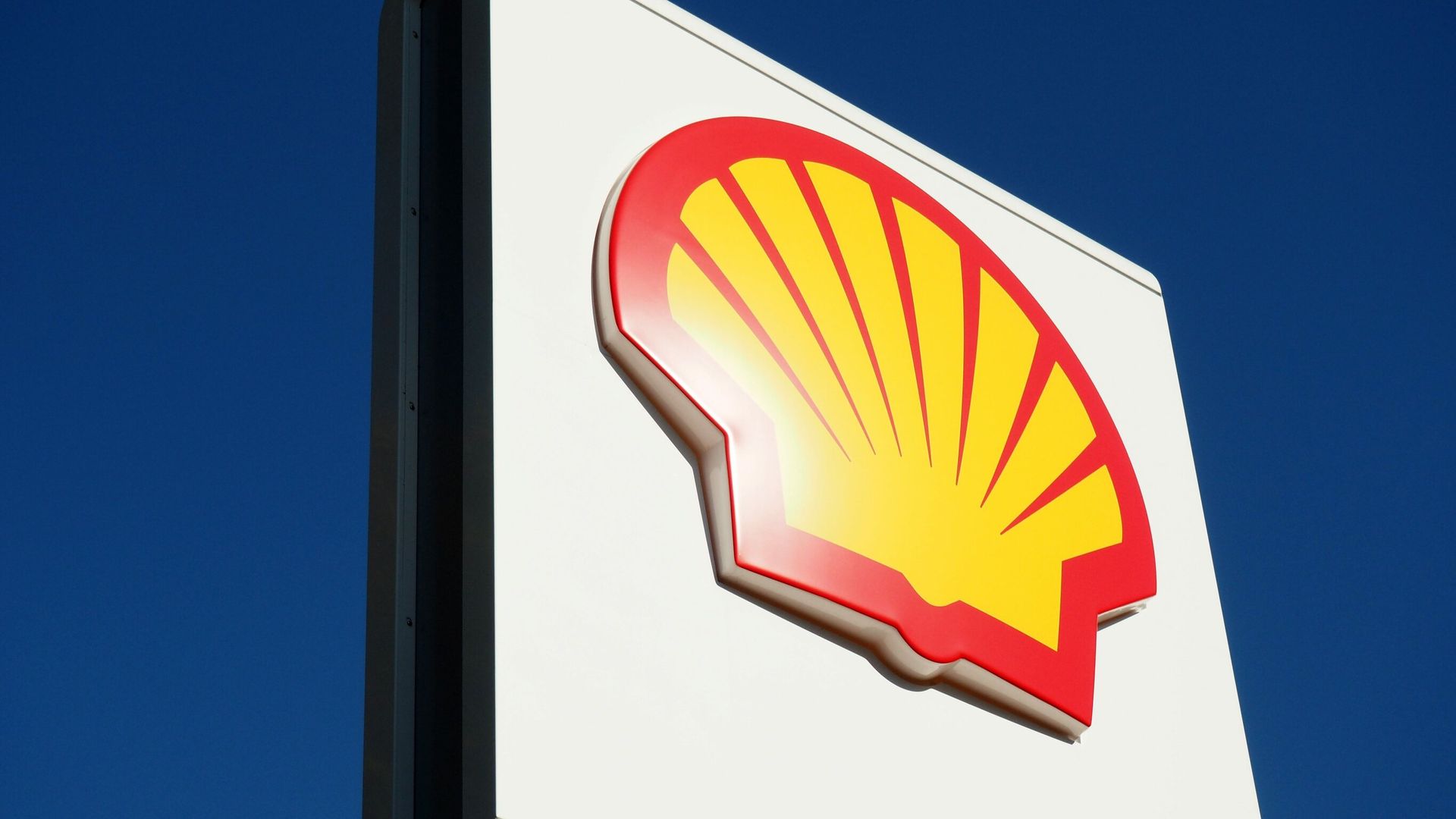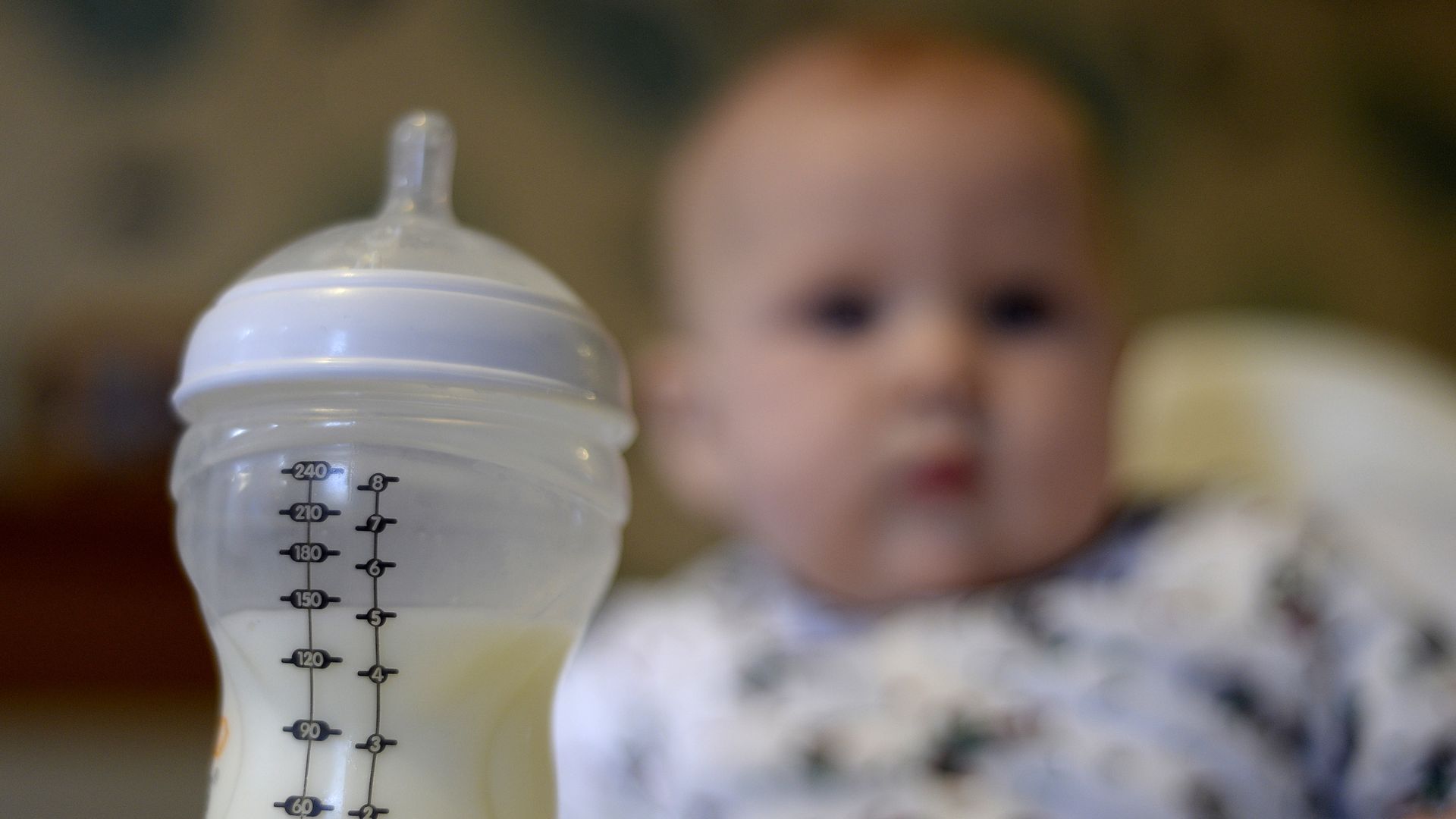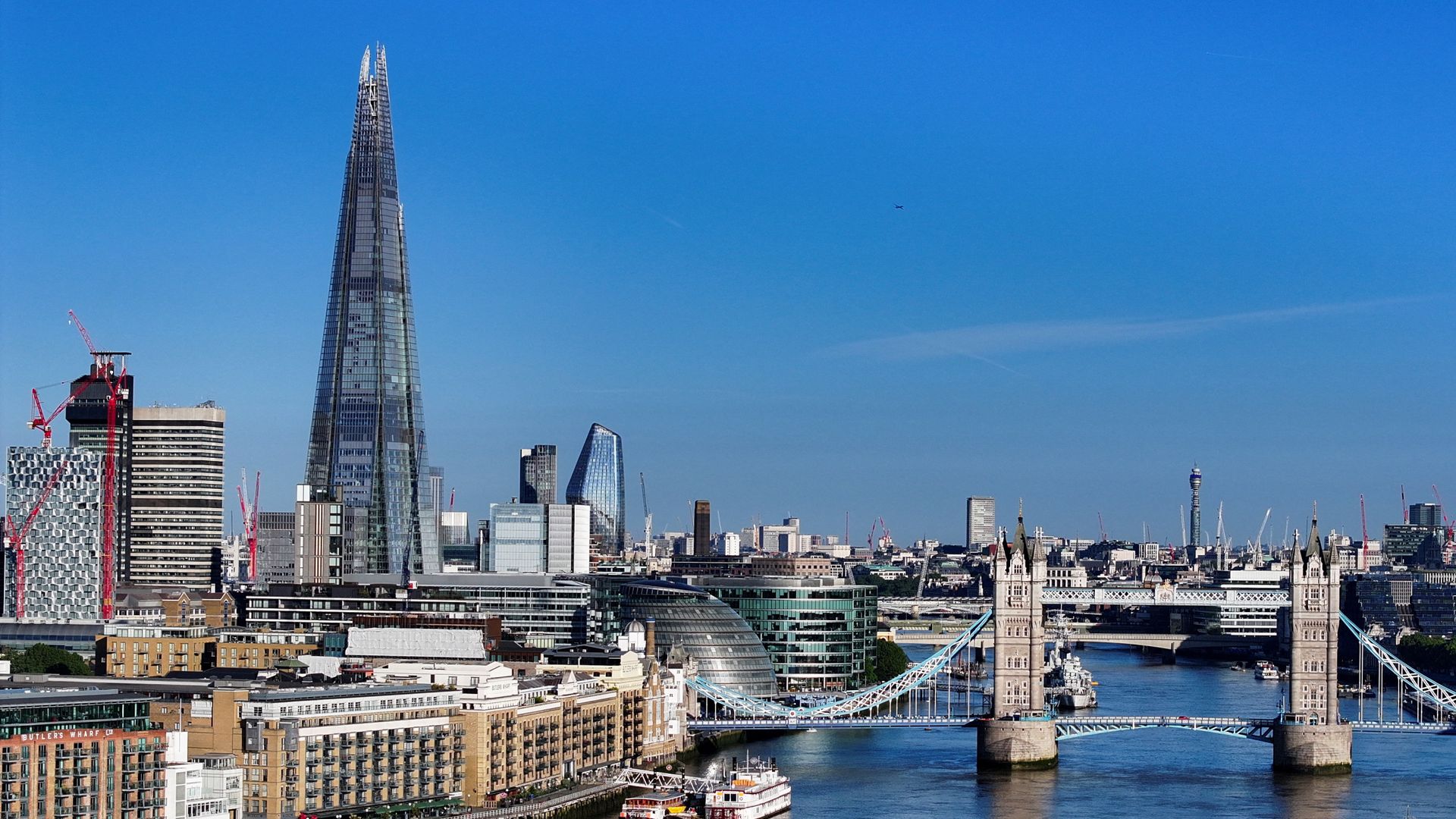
Nvidia is celebrating its renewed ability to sell certain artificial intelligence computer chips in China, after the Trump administration this week lifted key restrictions.
But Jensen Huang isn’t about to take any credit for the change.
The chief executive of the Silicon Valley chip giant used a 95-minute press briefing on Wednesday in Beijing to play down his role in persuading President Trump to allow chip sales to China. He distanced himself, too, from China’s latest export controls, suggesting even the restrictions on a rare earth metal used in chips wouldn’t affect the company.
Mr. Huang has met with senior officials in Washington and Beijing in the past few days, including Mr. Trump, to promote artificial intelligence and his company’s central role in the industry. Many of the world’s most advanced A.I. systems are powered by calculations done on Nvidia’s chips. Last week, the company became the first public firm to reach $4 trillion in market value.
“I don’t think I changed his mind,” Mr. Huang said of Mr. Trump. “It’s my job to inform the president about what I know very well, which is the technology industry, artificial intelligence, the developments of A.I. around the world.”
Mr. Huang’s apparent modesty underscores the balancing act he must play between the world’s two largest economies as they compete for primacy over artificial intelligence. Three presidential administrations in Washington have tried to hold back China’s A.I. capabilities by cutting off the flow of advanced chips, including by restricting Nvidia’s sales to Chinese companies.
At the same time, Beijing has emphasized self-reliance in the A.I. industry, as it has for electric vehicles and solar panels. Government ministries have pushed Chinese companies to make everything they need for A.I. on their own. With Beijing’s backing, Chinese companies like the telecommunications giant Huawei have been racing to develop alternatives to Nvidia’s technology.
Mr. Huang used his remarks to encourage more cooperation between the two countries. China, he said, has half the world’s A.I. researchers and is such a big market that American technology companies must do business there to stay competitive.
“Technology leadership requires big markets,” he said.
Until this week, it looked like Washington’s latest controls would result in Nvidia taking a multibillion-dollar hit on inventory it had planned to sell in China. China accounted for $17 billion of Nvidia’s revenue during its last fiscal year, according to the advisory firm Bernstein Research.
Nvidia has spent months lobbying politicians across Washington to keep selling chips to China. Last Thursday, Mr. Huang met with President Trump.
Then, on Monday Nvidia said the U.S. government had approved sales, with a license, of a chip the company had developed to sell to China known as the H20.
The decision would allow Chinese tech companies to restart purchases of the H20. Mr. Huang said on Wednesday that some inventory that previously looked unsalable could now be sold, but declined to estimate how much.

Now, China is imposing its own controls on the overseas transfer of technology. The Ministry of Commerce announced on Tuesday that any further overseas transfers of eight kinds of electric car battery chemistry technology would first require the issuance of licenses by the Chinese government.
Nvidia has found itself facing Chinese export controls around a rare earth metal called dysprosium that it uses in many of its chips but in small quantities. Beijing put controls on the metal, which is refined almost exclusively in China, in April.
But Mr. Huang said he hadn’t discussed that issue with Chinese officials in their meetings this week, and suggested that enough dysprosium remains available for Nvidia’s needs.
“The volume we use is not that high in the grand scheme of things — I think the amount of overall inventory around the world is sufficient for us,” he said.
Asked whether he had discussed China’s rare earth or battery technology restrictions on Wednesday with Chinese officials, Mr. Huang replied with a laconic “no.”
Mr. Huang had previously described Washington’s export controls as a failure and said they had served to spur Nvidia’s Chinese rivals. On Wednesday, Mr. Huang admitted that export controls were unlikely to disappear. “Export control as a pillar of national security, and export control as a regime for global exchange, I think is here,” he added.
The Trump administration has had little response so far to the decision by China’s Ministry of Commerce on Tuesday to impose limits on the transfer of battery chemistry technology a day after the United States allowed the sale of advanced computer chips to China.
Democrats have been more worried. Senator Chris Coons of Delaware assailed Mr. Trump in a statement for “giving China a tool that will strengthen their economy and military” with the chips, while China restricted battery technology “we need for our own economy and security.”









-3.png)



